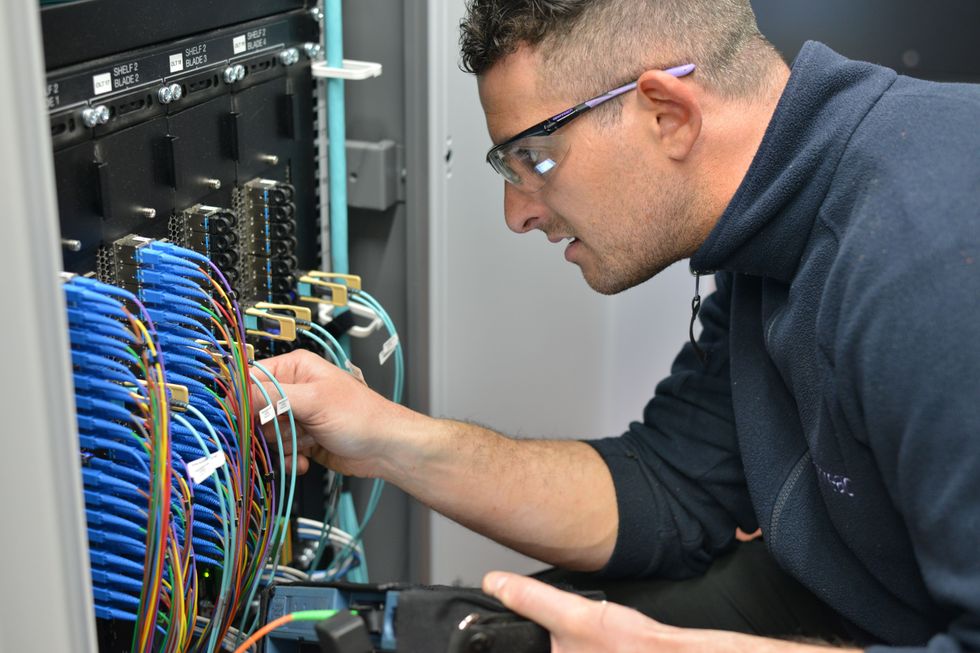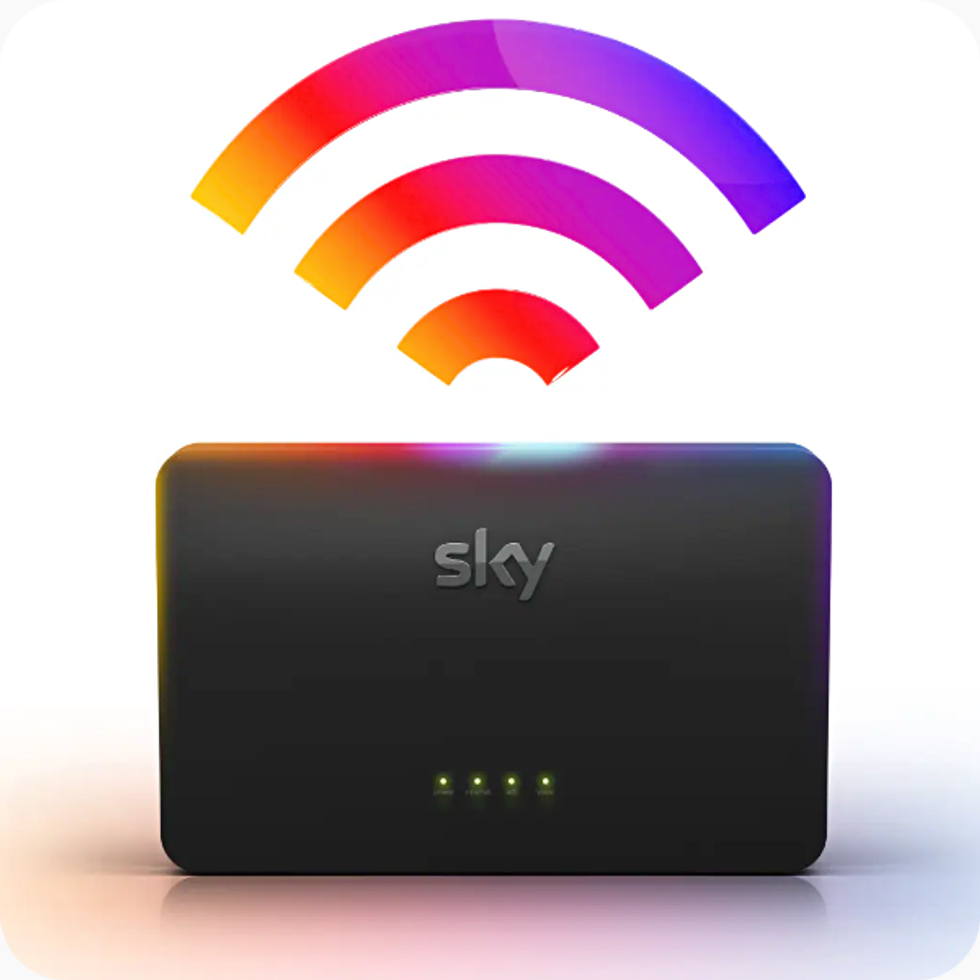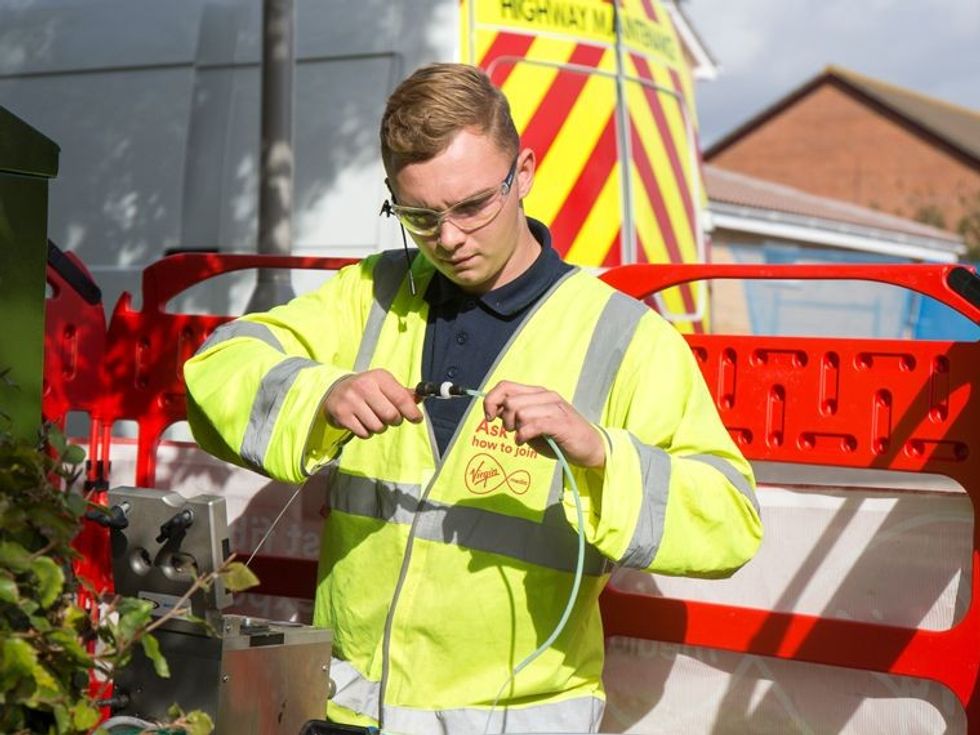
For the first time ever, the number of UK households using fixed-line broadband is set to shrink.
According to a recent study from New Street Research, some 250,000 subscribers will abandon their hardwired home internet connections this year — marking "the first time there has ever been a decline" in the sector.
While broadband was traditionally delivered via a cable into your home, whether via a copper phone line or a more modern full-fibre cable, it's required a physical connection. This offers a fast, stable, and always-on link to the internet that can support bandwidth-heavy activities like streaming movies, gaming, video conferencing, and cloud storage without lag or dropouts.
However, alternatives are starting to tempt Britons to turn their back on tried-and-tested cables in favour of newer technologies.
For instance, Elon Musk’s new Starlink satellite service and fixed wireless access providers are attracting customers seeking faster options, where the website is advertising that you can "get online within minutes." Improvements to the 5G network, which offers broadband-like speeds without any cables, have also benefited from the switch.
Switch to Three's UK 5G-powered unlimited broadband and claim £150

Please write at least 2 paragraphsThree Home Broadband blasts away the old-school setup drama with genuinely plug‑and‑play, 5G‑powered internet that needs no landline, no engineer and no endless waiting. Order before 8 pm, and you’ll have your hub by the next working day — just plug it in, and your home Wi-Fi will be powered by "the UK’s fastest 5G network" in minutes, the mobile network promises. Three UK even offers a 30-day money-back guarantee for new subscribers
Get Sky Fibre 500 broadband — its "most popular" deal

Sky Broadband has slashed its Full Fibre 500 Mbps speeds to only £31 per month, which is its "most popular" deal on the site. You'll enjoy an average download speed of 500Mbps and an upload speed of 60Mbps, suitable for busy households with multiple devices, streaming in 4K, and online gaming
Researchers show that most Britons still view 5G and Starlink satellite connections as complementary, rather than outright replacements for traditional broadband, but clearly some have already opted for a complete switch.
One of the more noteworthy trends is that households are ditching traditional broadband in favour of smartphones. Amid the cost-of-living crisis, many people are turning to mobile tethering and Wi-Fi hotspots as a cheaper alternative to home internet. This is where you can share your smartphone’s cellular data connection with other devices, such as laptops or tablets.
This is often done by turning your phone into a Wi-Fi hotspot, which broadcasts a wireless signal that nearby devices can connect to using a password. It’s a convenient way to get online when no traditional Wi-Fi network is available, but it can quickly use up mobile data and drain your phone’s battery.
According to New Street Research, this shift is especially common among short-term residents, such as university students. The rapid improvement of 4G and 5G networks has made mobile-only living more practical than ever.
LATEST DEVELOPMENTS
- Slash 50% off robot vacuum cleaners from Eufy on Amazon
- Best VPN deals
- Your Freeview and Freely TV will unlock a new channel for FREE
- Surfshark and NordVPN kickstart Black Friday deals
Looking ahead, UK research group Rethink predicts that within the next decade, many young people will never have signed up for a fixed broadband line at all. Instead, they’ll rely entirely on their phones or mobile hotspots for all their connectivity needs.
The housing market is adding further pressure. New home completions in England fell by 13% in the year to June 2025, dropping to just 143,570 properties, reducing the pool of potential new broadband subscribers.
Frustration with major providers is another factor driving customer shifts. Many broadband users are increasingly fed up with mid-contract price hikes — unexpected increases to monthly bills even after signing a fixed-term agreement. These hikes often occur annually and are justified by inflation-linked clauses, but to customers, they make fixed broadband feel less reliable in cost than mobile alternatives, which frequently offer clearer pricing and greater flexibility.

According to research firm Point Topic, fixed-line operators lost 14,000 broadband subscribers in the second quarter of 2025, following 88,000 losses in the first. The firm notes that the UK broadband market has “firmly reached the saturation point,” meaning nearly everyone who wants a traditional broadband connection already has one — leaving little room for growth.
This slowdown comes despite government initiatives such as Project Gigabit, which aims to bring fast, reliable internet to rural and underserved areas, and major fibre rollout programmes by providers like BT’s Openreach, Virgin Media O2, and a growing number of smaller “alt-nets” (alternative network operators).
Our Standards: The GB News Editorial Charter